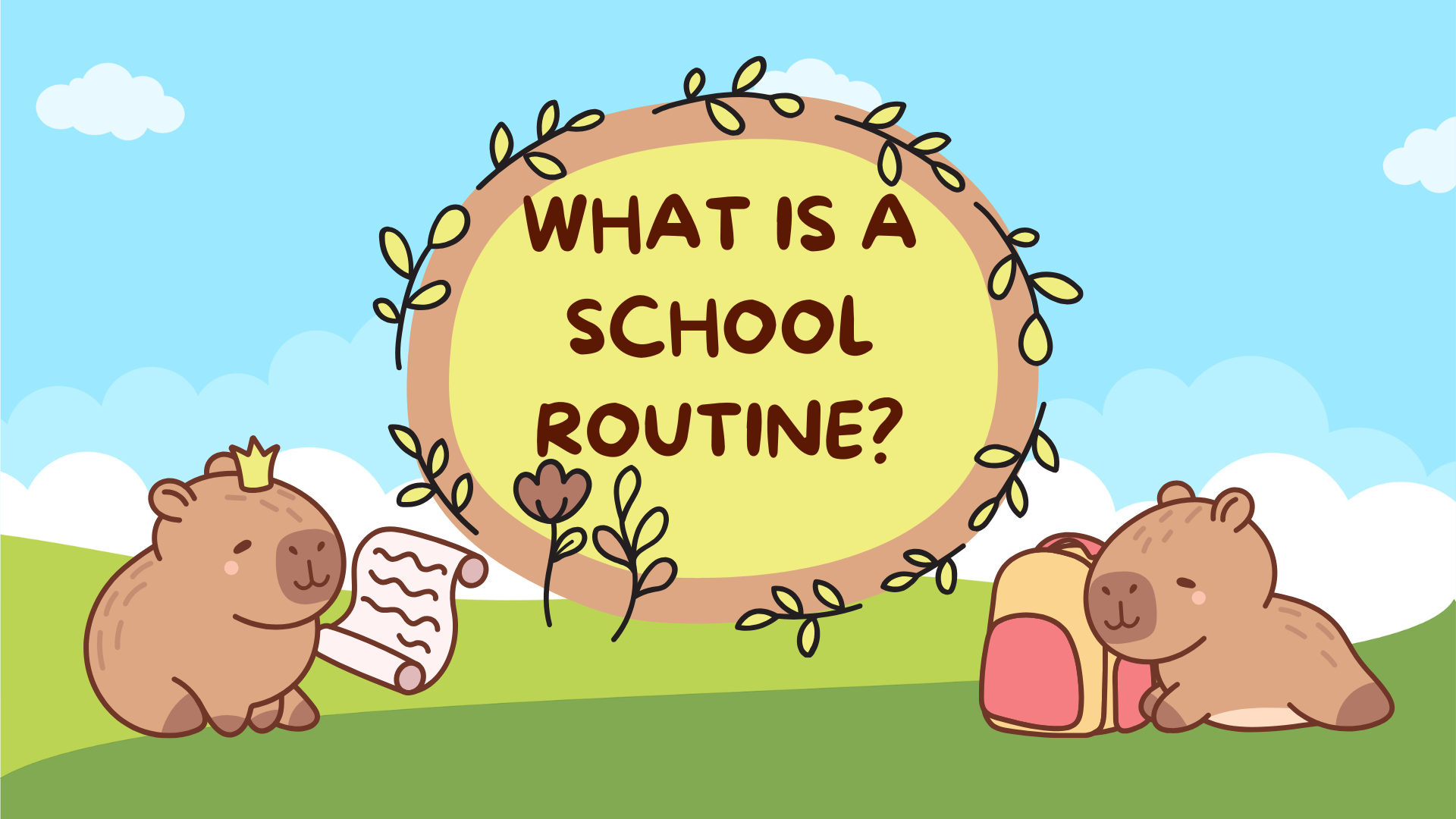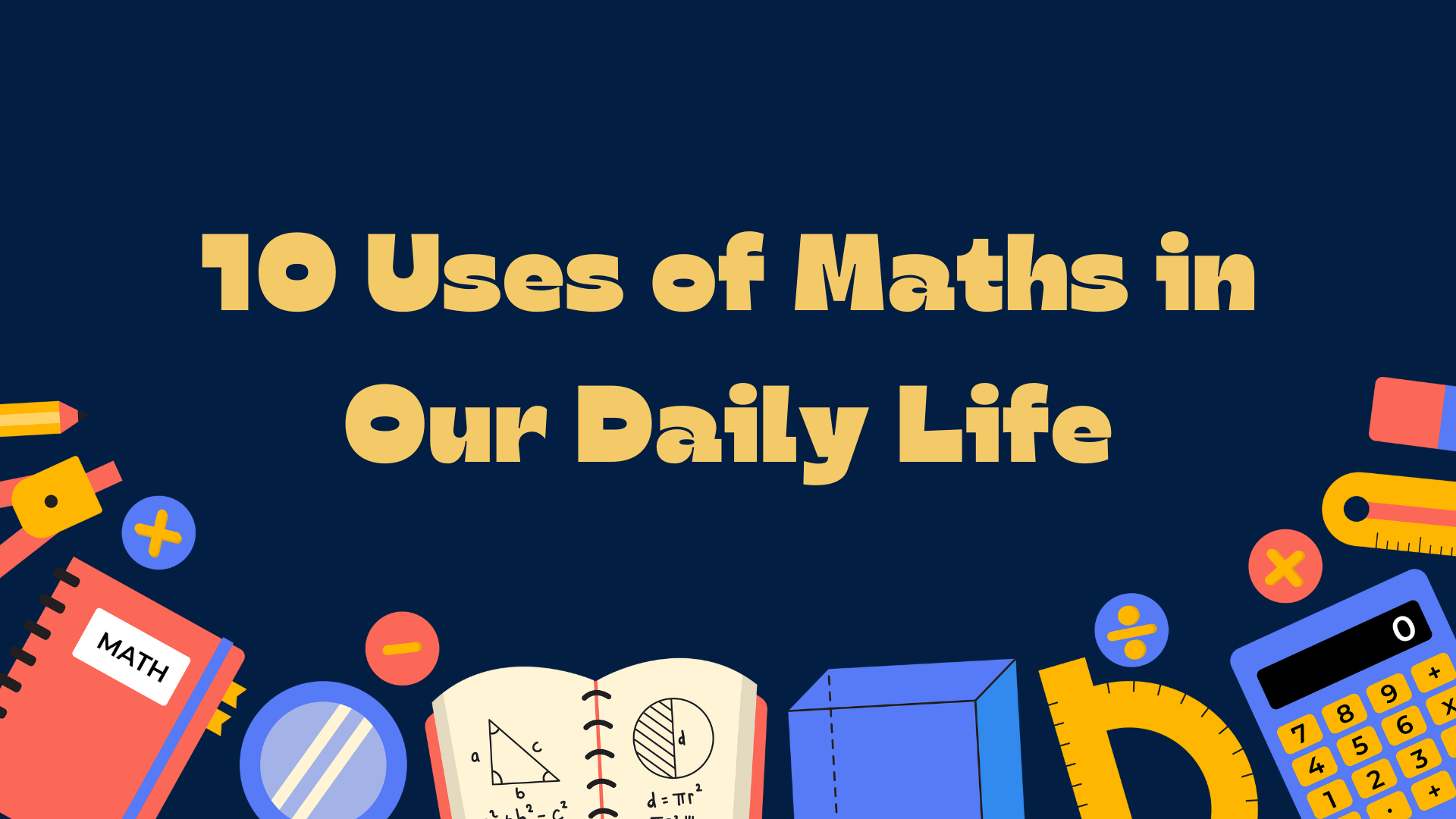
How To Become a Topper in Class as a Student?
Every child studying in a school has the same 24 hours, the same school schedule, and the same curriculum according to their standard. Yet, there is only one topper. No secret sauces are being added to their meals to make them sharper. It is a matter of pure hard work, dedication, and effective time management. So, if you’re wondering how to become a topper, here are aspects that can enhance your opportunities, too!
Who is a topper?
Meaning of class topper refers to the student who achieves the highest grades or marks in a classroom. It is calculated based on all the examinations that happen year-round.
For example, suppose there are five subjects taught in a class, there are four examinations – two of 50 marks and two of 100 marks. The total marks across all subjects would be 1,000, with 200 marks for each subject annually. The student who scores the highest out of 1,000 marks would be the class topper.
Class toppers are recognized and awarded for their academic excellence. The student inspires others to strive for excellence and ignite their competitive spirit.
How to become a topper?
From following a topper’s study schedule to a healthy lifestyle, there are multiple ways to get better at academics:
1. Create a routine
Making a monotonous routine that fuels consistency is the first step towards growth. Discipline and punctuality sets our body into a pattern that begins with a 24-hour schedule. Our brain receives signals to process tasks accordingly.
There is time to wake up, a time for school, a time for meals, and a time for revision. Following a routine helps you set clear and achievable goals. Goals can be short-term, based on how you need to prepare for an upcoming unit test, or long-term, for annual tests. What matters is how you segregate subjects and chapters within to cover your syllabus before exams.
2. Time management
The routine is half-done if you’re not maintaining the time by which tasks need to be completed. If you don’t have a time limit set for each task, you may not be able to tick off all items from your daily routine. This piles up work for other days and often leads to stress due to pressure.
Prioritize tasks based on importance and urgency. For example, if you have a math exam tomorrow, that’s what you’re more likely to revise the day before. Again, some subjects may feel more complex than others. Studying those subjects when you have a fresh mind helps you learn more effectively.
Maintain a balance between extracurriculars and academics. It breaks the monotony while you’re in a routine and brings variety to life, preventing boredom. All work and no play can dull our brain, and toppers know this best!
3. Learn, revise, repeat
When teachers teach you a new chapter, the best way to retain what you learn is to immediately revise. When you come back home from school and sit with your books, revise what was taught the same day. The memory stays fresh and helps you recall what you’ve learnt.
When you read, write, and revise right away, there are higher chances of memory being retained in the brain. It also helps you stay updated with newer chapters that will be taught in school on the following days.
4. Make notes
Writing what you learn keeps an immediate record in the form of notes that make the best material for revision. In higher classes, notes become an inevitable part of classes and tuition as they help break down big chapters according to their importance. Starting the habit of creating notes during junior classes helps summarize excerpts that should be prioritized. Making this a part of your daily routine will help you revise the core material before exams and increase your chances of becoming a topper.
5. Explore helpful study methods
Become a topper by using study routines that make the process enjoyable. Create flashcards, draw mind maps, and keep a timer handy for the Pomodoro technique; there are plenty of such study techniques to try. Experimenting with these will help you determine which ones make learning exciting and enjoyable.
Note that toppers don’t memorize – they understand concepts that actually make them learn and not mug up paragraphs from books. Only when you truly understand a topic can you answer from experience, rather than relying on information that can fade away.
6. Active participation and attentiveness
Toppers are never distracted in class because they’re always trying to make the most of what they learn. Most students who score well in class actively participate when teachers teach. They show interest and ask questions when in doubt.
Active class participation can help you learn 50% of a chapter when it is first introduced to you. The other half gets completed once you return home and revise what was taught. Being up-to-date with what happens during one class helps you cope with the following courses, and this depends a lot on active participation.
7. Evaluate your progress
You won’t be sure if you can become a topper until you solve past papers, sample questions, and mock tests. These not only enhance your ability to retain memory but also increase your writing speed, prepare you for exams, and boost your confidence.
Many times, practicing for mock tests reduces fear when a fresh question paper comes your way in an exam hall. It makes you well-versed in the pattern of questions, the most important ones, and keeps you ready for the real deal.
8. Seek help as and when needed
Some students feel shy and unconfident about asking questions. Parents and teachers must keep the window open for children to express themselves easily. They must be seekers who want to know more and clear concepts that require addressing. It isn’t limited to academics but also to how they lead their lives.
Students must ask for feedback and evaluation to measure their progress. They must clear up doubts by asking their parents and teachers when they’re unable to understand what they are studying. Fellow classmates can also be of help in solving complex topics. So, reach out to a friend for deeper learning and help each other grow.
9. Helping classmates
Even when students are competing to rank better than one another, a top-performing mindset is never to win alone. They don’t worry about their rank because they know they already have the trophy. They focus more on learning and helping others who aren’t able to grasp the way they do. The power of revision strengthens when you’re teaching another person what you learnt. It fosters a sense of responsibility to be accurate and further enhances one’s ability to grow.
10. Physical and mental wellbeing
Parents and teachers are more responsible for ensuring that students have a healthy body and mind than students themselves. Post-teenage, students become more responsible about their duties towards education, extracurricular activities, and household chores. However, younger kids need help, especially in terms of nutrition, sleep time, developing good habits, and engaging in hobbies.
The environment in the house has a significant impact on a child’s mental well-being. An unhealthy household where people are constantly in conflict will deplete a child’s ability to learn. Similarly, how teachers treat every student impacts their willingness to learn and grow.
Children have fragile minds that are shaped by their environment. A healthy lifestyle isn’t limited to good food and sound sleep, but also encompasses how one is treated and how they feel. The journey of becoming a topper requires parental support, making this the most critical determinant on this list.
Helping students become toppers in life
The toppers tips for study listed above are tried and tested ways to improve academic performance. However, what truly sets them apart is the mindset shift that drives change. When a student realizes their responsibility towards themselves, education becomes a non-negotiable. Grades matter from one academic year to another, but what stays with them is the will to grow.
At DWPS Barasat, we make academics enjoyable and engaging for growing kids. We also assist parents in helping them support their children on this journey by making studies a duty they have towards self.







